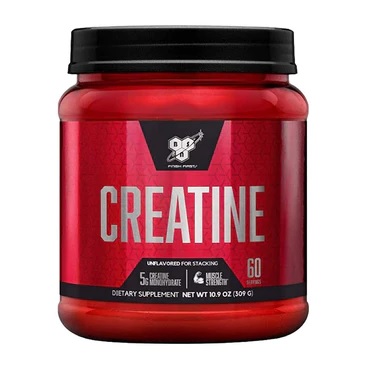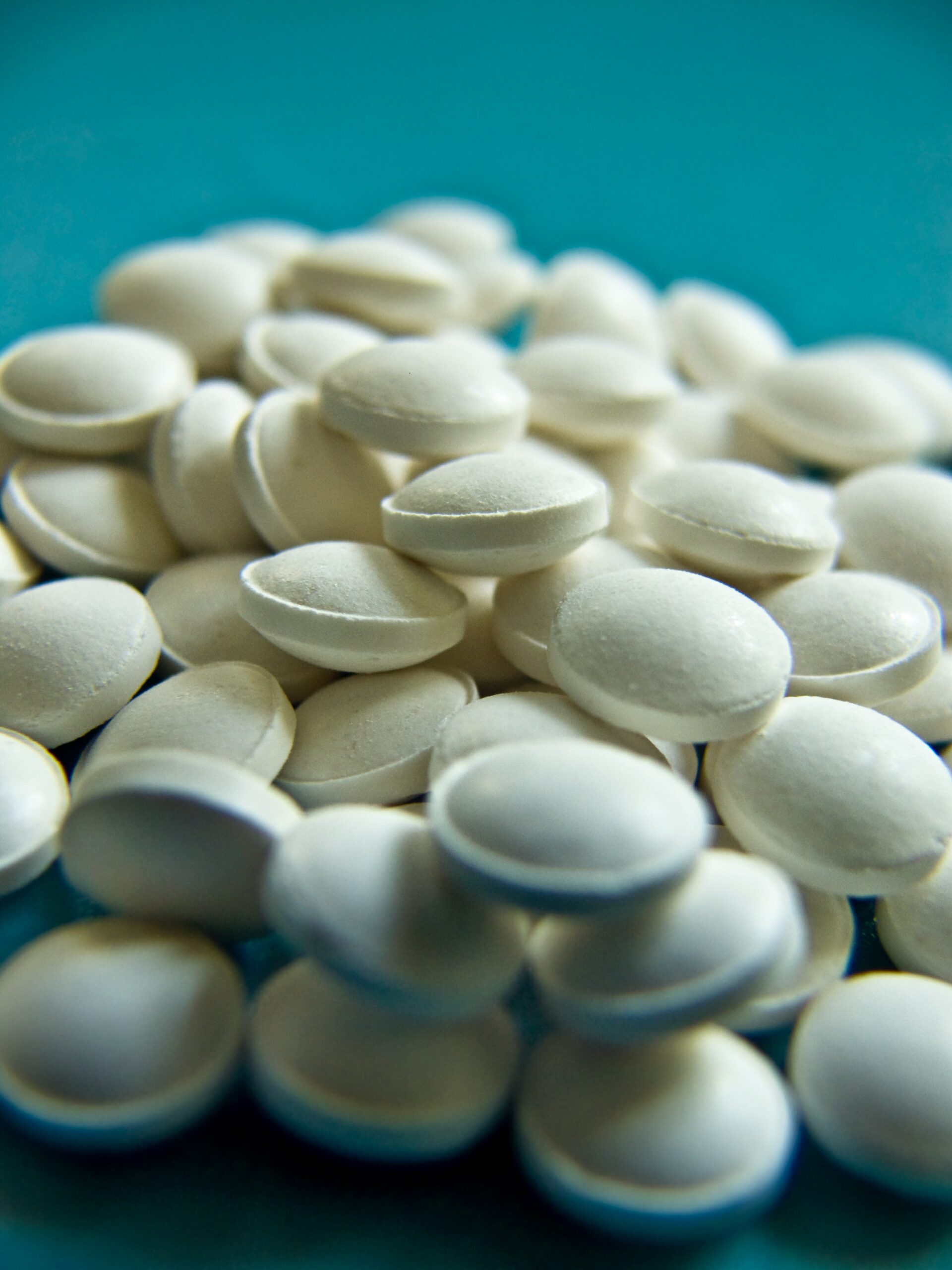In the realm of fitness and bodybuilding, the pursuit of progress is a relentless journey. Whether you’re an avid lifter, an endurance athlete, or someone who simply enjoys staying active, you’re all too familiar with the satisfying ache that follows a challenging workout. But what if there was a secret weapon, hidden in the world of supplementation, that could potentially accelerate your post-workout recovery and have you hitting the gym or the track again with less downtime?
Welcome to the captivating discussion of if creatine Helps With Muscle Recovery. In this blog post, we’re about to delve into the science, benefits, and potential impact of creatine on the body’s recuperative powers. So, fasten your seatbelts, because we’re about to explore how this well-known supplement might just be your not-so-secret ally in the quest for faster, more effective muscle recovery.
- What is Creatine And Why Is it Important For Muscle Growth?
- Why Creatine Is Good For Your Brain?
- Is Creatine A Steroid: What You Need To Know!
Creatine And Muscle Recovery
Absolutely, the question of whether creatine aids in muscle recovery is an intriguing one, and it’s essential to unravel the science behind it.
The Powerhouse Of Energy
To understand how creatine relates to muscle recovery, we first need to appreciate its role as a powerhouse of energy in the body. Creatine is stored in muscle cells in the form of creatine phosphate, and it plays a pivotal role in providing rapid bursts of energy during high-intensity, short-duration activities like weightlifting and sprinting.
Recovery And ATP Regeneration
Muscle recovery is closely linked to the regeneration of adenosine triphosphate (ATP), the body’s primary energy currency. During strenuous exercise, ATP levels can be significantly depleted. This is where creatine comes into play. It helps regenerate ATP by donating its phosphate group to adenosine diphosphate (ADP), converting it back into ATP. This process ensures a more rapid replenishment of energy stores, which is crucial for both performance during workouts and recovery after them.
Reduced Muscle Cell Damage
Another way creatine aids in muscle recovery is by potentially reducing muscle cell damage. During intense exercise, especially eccentric movements (lengthening of the muscle under tension), there’s often microtrauma to muscle fibers. Creatine’s ability to enhance cellular hydration may provide a protective effect against this damage, potentially reducing post-exercise soreness and accelerating the repair process.
Antioxidant Properties
Creatine has also demonstrated antioxidant properties, which can be beneficial for recovery. Intense exercise can produce reactive oxygen species (ROS) that contribute to muscle fatigue and damage. Creatine may help mitigate oxidative stress, aiding in recovery and reducing the feeling of fatigue.
The Summation: Faster Recovery
In essence, creatine’s ability to support ATP regeneration, reduce muscle cell damage, and act as an antioxidant can contribute to faster muscle recovery. While it won’t magically eliminate post-workout soreness, it can help you bounce back more quickly and feel ready for your next training session. Shop raw supplements, bulk discount, lab tested 5% off here!
It’s important to remember that the effectiveness of creatine for muscle recovery can vary from person to person, and the overall benefits are best experienced when combined with a consistent training routine and a well-balanced diet. So, yes, creatine can indeed play a supportive role in your quest for improved muscle recovery, making it a valuable addition to your fitness arsenal.

Buy Creatine Online
We Have Some Of The Best Creatine Out There!
Come have a look what types of creatine we have? Shop the best creatine! We have found the best deals! Or please feel free to read more about the many benefits of creatine on site.


